I was going to write a longish introduction to this post – about how I admire the farmers in Breb. But instead, I will just introduce you straight away to Maria, Vasile, Marioara and Vasile: two self-sufficient farmer couples who are living their hard, but also satisfying lives in the beautiful village of Breb. I met them during an afternoon of haymaking: a vital part of a Romanian farmer’s life. But I will let the images speak for themselves.
I don’t think you’ll be able to read it, but Vasile’s t-shirt says: ‘Is there something to be done before life wears away?’ ‘When we feel life’s warmth, it’s proof that we are alive.’ Well, that is certainly true in Romania…
Here are some sepia ones – they really look like they could have been taken a hundred years ago, don’t they? But these people live here, and now – they just have managed to preserve their traditions really, really well. And I applaud them for it.
Then Marioara invited me to come visit me again in the evening, to see the yoghurt- and smăntănă (sour cream)-making process. I ended up watching Vasile, Marioara’s husband, and Maria, her mother, milking their four cows. One of them was thirteen years old and still in good shape. Now I don’t know a lot about cows but it sounds like they are taking very good care of their animals. And the milk and cream was delicious.
When I overheard Maria complaining about her hard life, I asked Vasile how he felt about his life. ‘It isn’t too great,’ he said. ‘But we have everything we need.’ Now, those are two sentences I don’t think a lot of Western Europeans would say in one sequence. I love how these people are able to reconcile these two aspects of life: it’s a hard life, but yet, we are satisfied. I think many Western Europeans would say something along the lines of ‘My life is hard, so I need to change things and get stuff.’ When I asked Vasile if he’d ever want to leave, he replied: ‘Not forever.’ And who would want to leave such an alluring place for good?
Being able to witness their lives helped me to put things into perspective. It is easy to fall into the trap of romanticism and nostalgia in a place like this: it can make one wish that things would never change in a place like this; and seeing the peasants work with their hay and their cattle is just beautiful. But these people really do work ‘by the sweat of their brow’; they hardly have a moment’s rest; they can never go on a holiday. Yet, this is the life they chose: they could lead easier lives. They could buy their milk and meat. Nobody forces them to make their own traditional costumes. But this is the life they want to live, no matter how hard it is. And this, this love for their hard lives, is what makes Breb such a beautiful place. Or, as G.K. Chesterton put it so well:
This, as a fact, is how cities did grow great. Go back to the darkest roots of civilization and you will find them knotted round some sacred stone or encircling some sacred well. People first paid honour to a spot and afterwards gained glory for it. Men did not love Rome because she was great. She was great because they had loved her. (Orthodoxy)
Too many words. So here’s a final picture that I really, really love. No need to explain why, I think.
Want to spend some time in this beautiful village? Check out this post on accommodation in Breb.
Like what you’re reading? Subscribe and receive an email notification for each new blog post.












One thought on “Farming in Breb: A Portrait”